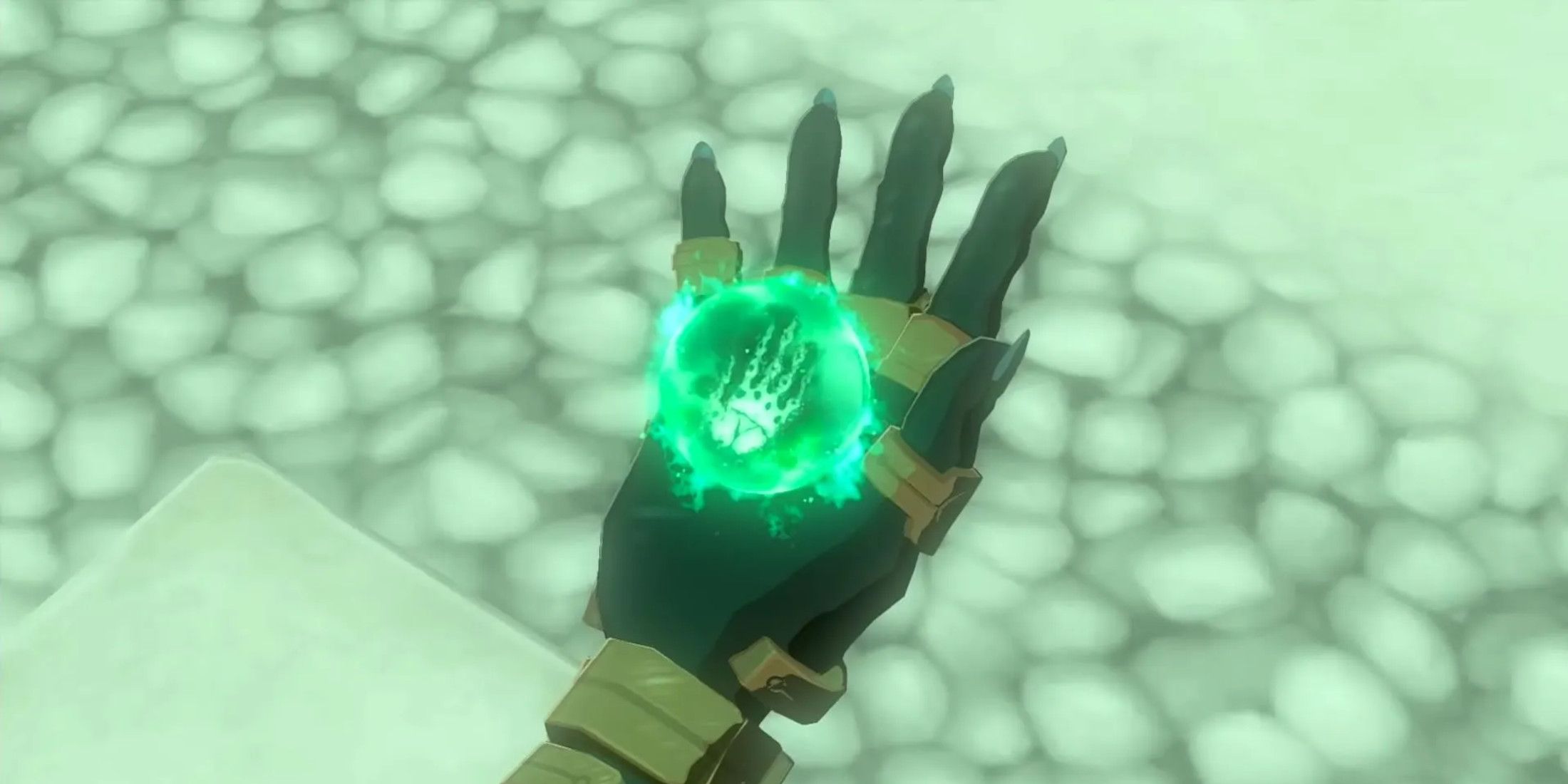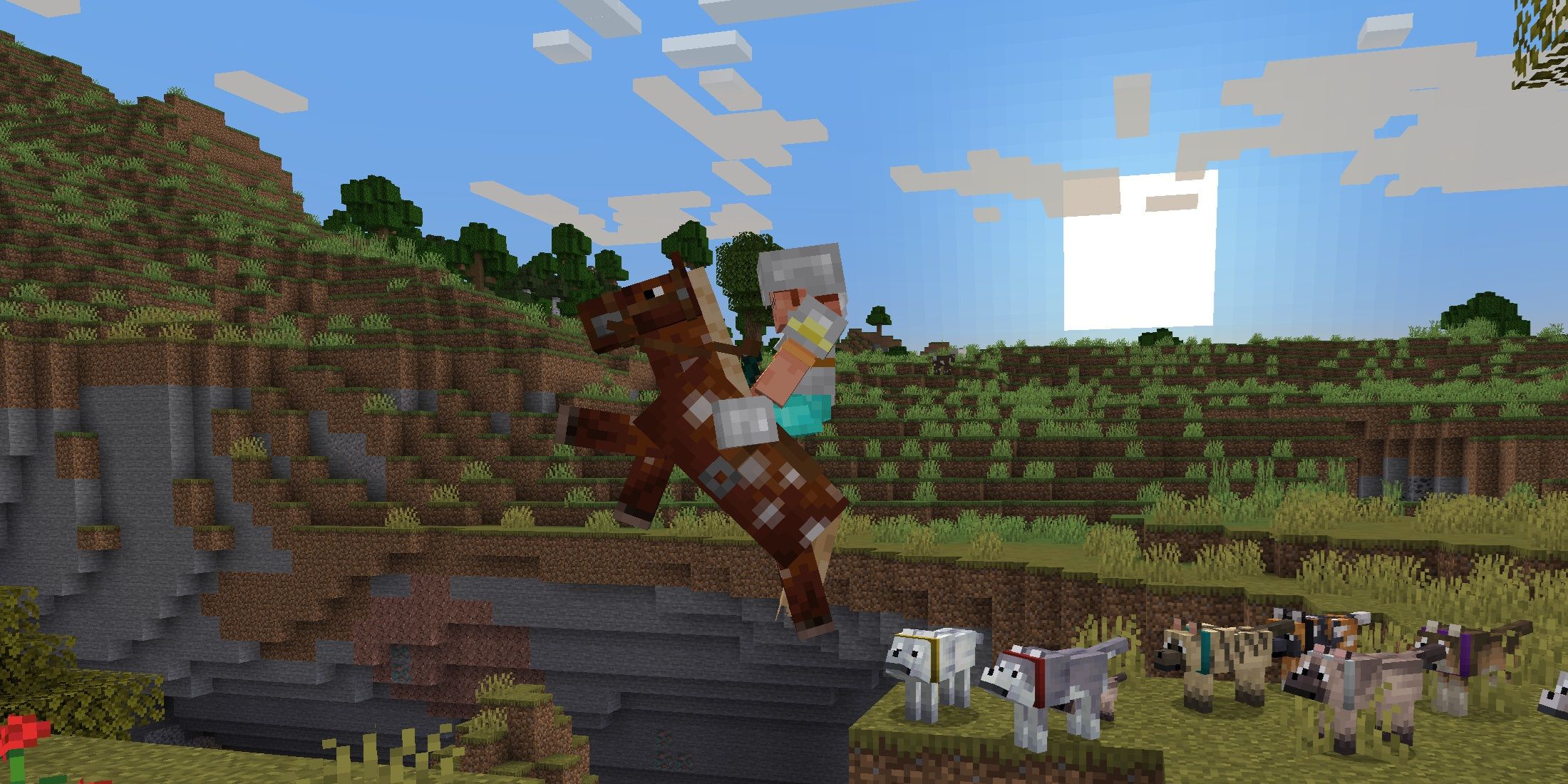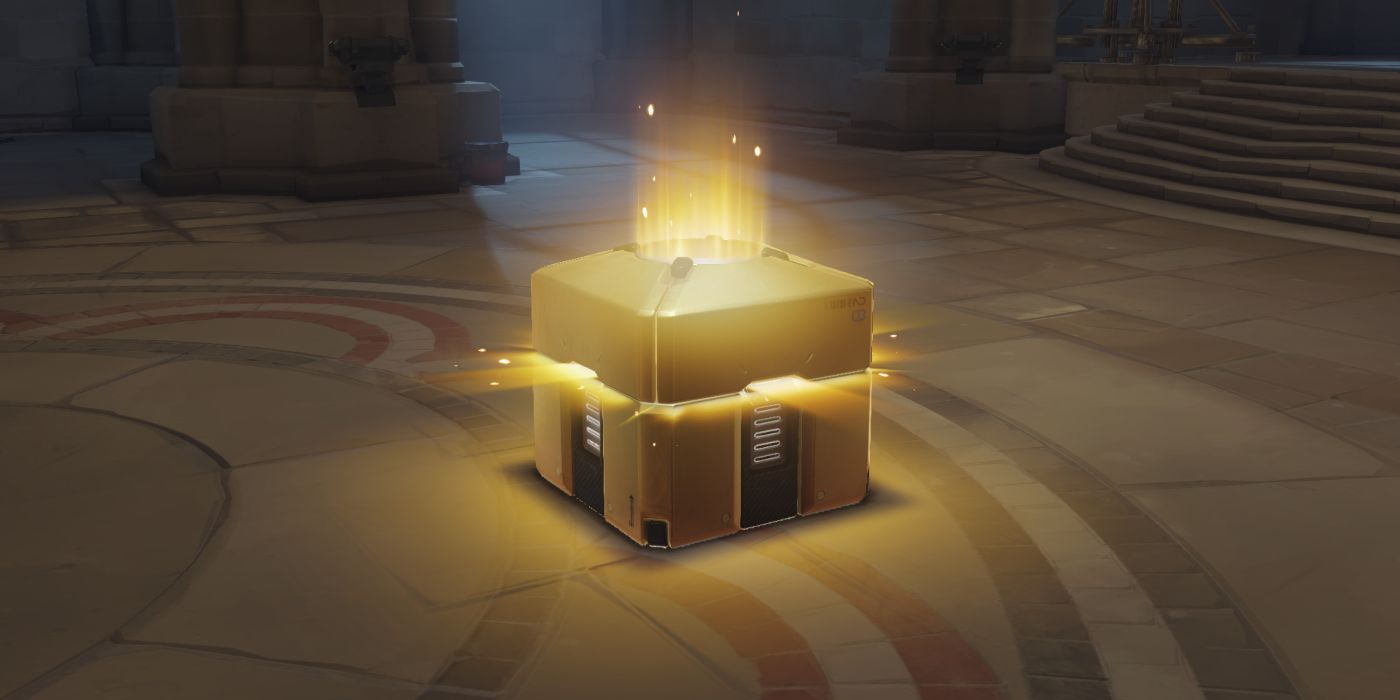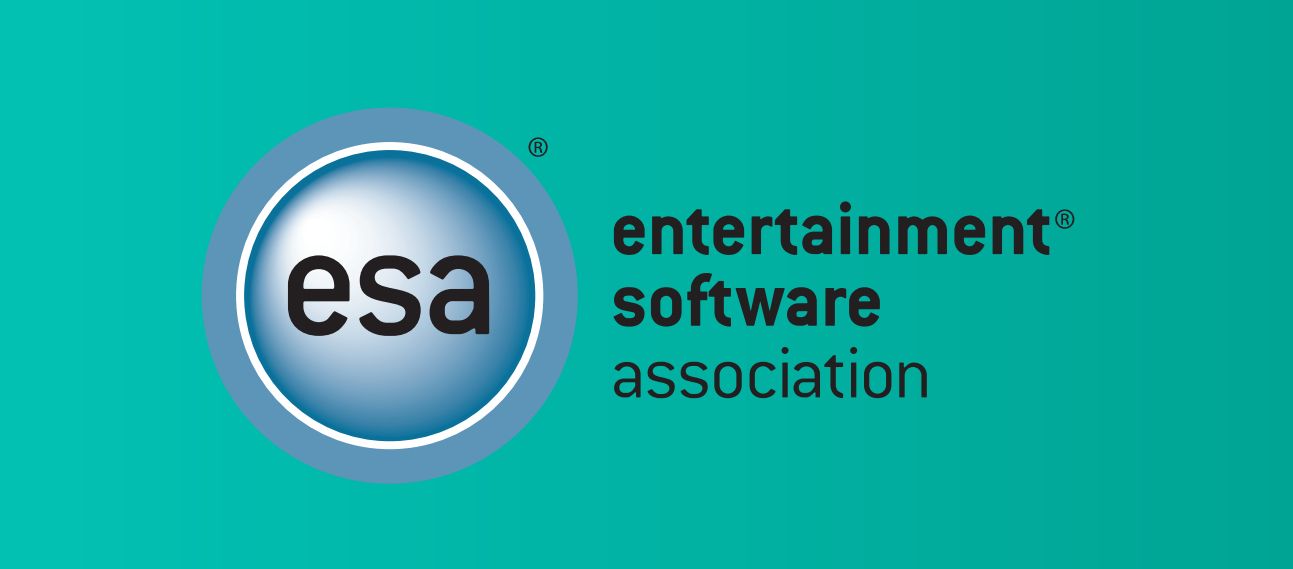Nintendo, Microsoft, and Sony have come to an agreement that will require the disclosure of loot box odds for all games released on their platforms. The policy will apply to all future new games and game updates released on the Nintendo Switch, PlayStation 4, and Xbox One. It will then carry over to the next generation of consoles, and on. No current date has been stated for this policy to go into effect. Nintendo, Microsoft, and Sony have so far only "indicated a commitment" to its implementation.
Chief counsel for the Entertainment Software Association, the trade organization associated with the video game industry in the United States, Michael Warnecke made the announcement Wednesday morning. The specific policy, according to Warnecke, will "require the disclosure of the relative rarity or probabilities of obtaining randomized virtual items in games" with specific reference to "paid loot boxes."
Nintendo, Microsoft, and Sony's agreement will enforce these rules at the platform level. As in, all games published on their respective platforms will be held to the same rules. However, the ESA also confirmed that "many of the leading video game publishers" that it works with have also agreed to the rules. As such, the rules will also be enforced at the publisher level. The ESA works with most major publishers including Activision Blizzard, Bandai Namco, Bethesda, Capcom, Electronic Arts, Epic Games, SEGA, Take-Two, THQ Nordic, Ubisoft, and Warner Bros.
However, if the ESA could have said that all of its partners had agreed to the policy, it would have. That implies that one or several publishers have yet to agree, or have yet to be made aware of the agreement. Now that Nintendo, Microsoft, and Sony have made the announcement public, however, it wouldn't be surprising if the decision had unanimous support before too long.
International criticism of loot boxes has grown significantly in recent years as critics compare them to real-life gambling. Countries including Belgium and the Netherlands have banned loot boxes outright. Other countries, including China, have strict regulations that require the disclosure of loot box odds. The ESA and publishers in the USA have largely refused to make such efforts willingly, with some exceptions. Today's announcement marks a significant move forward on the issue for the broader video game industry.
Source: GamesIndustry.biz





